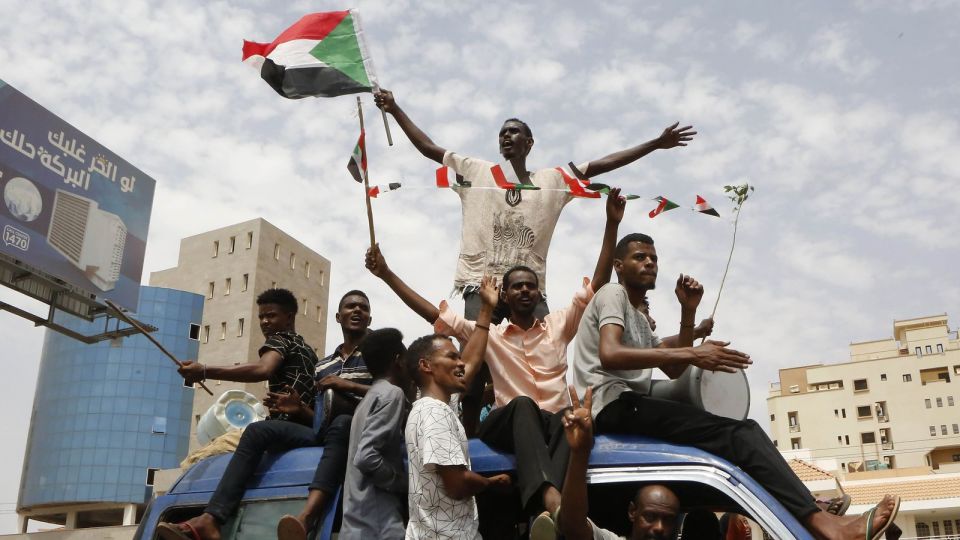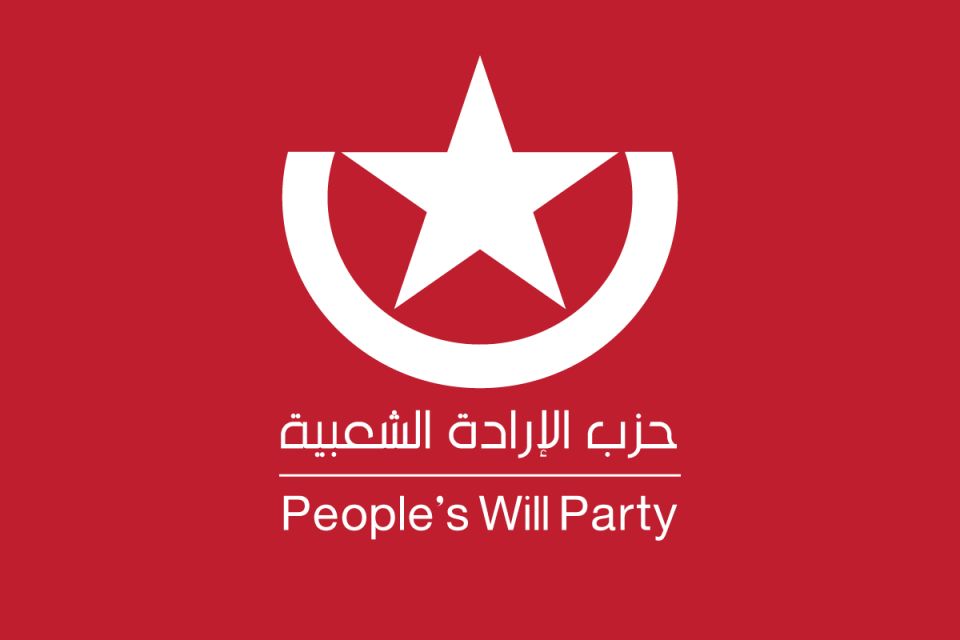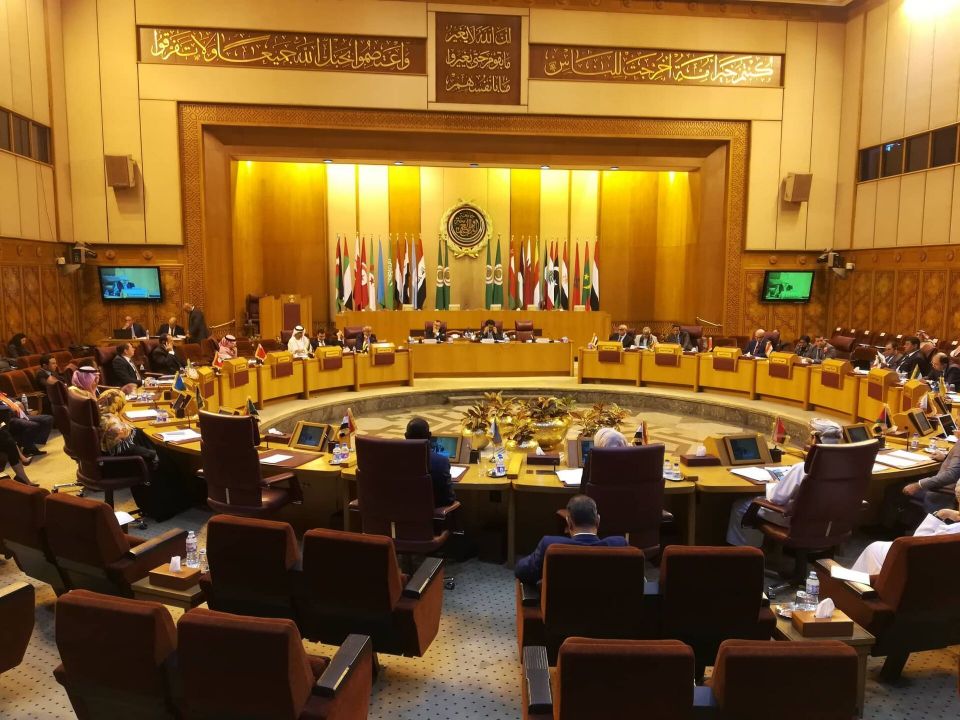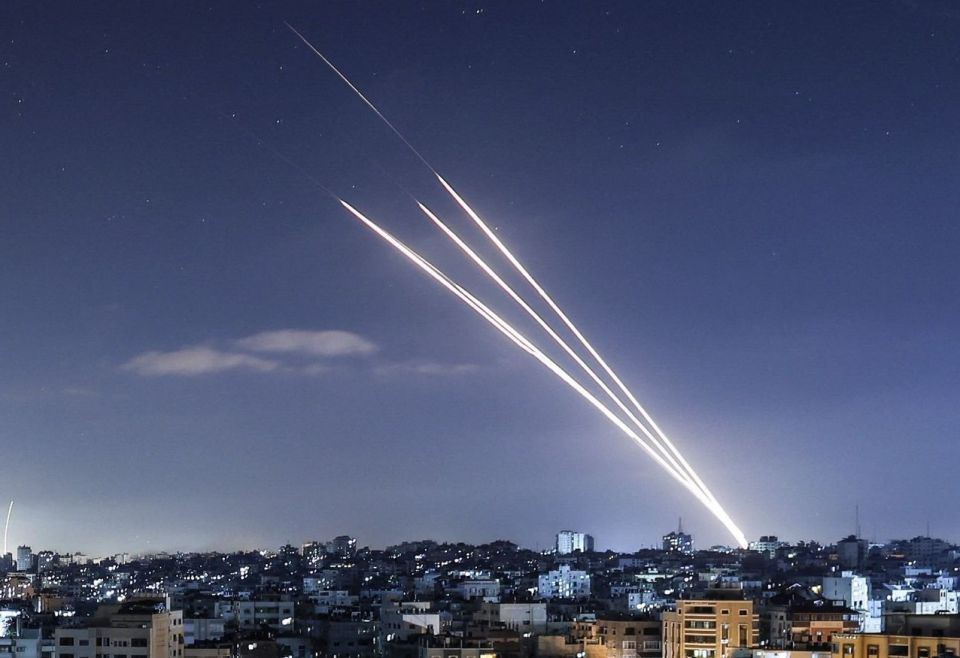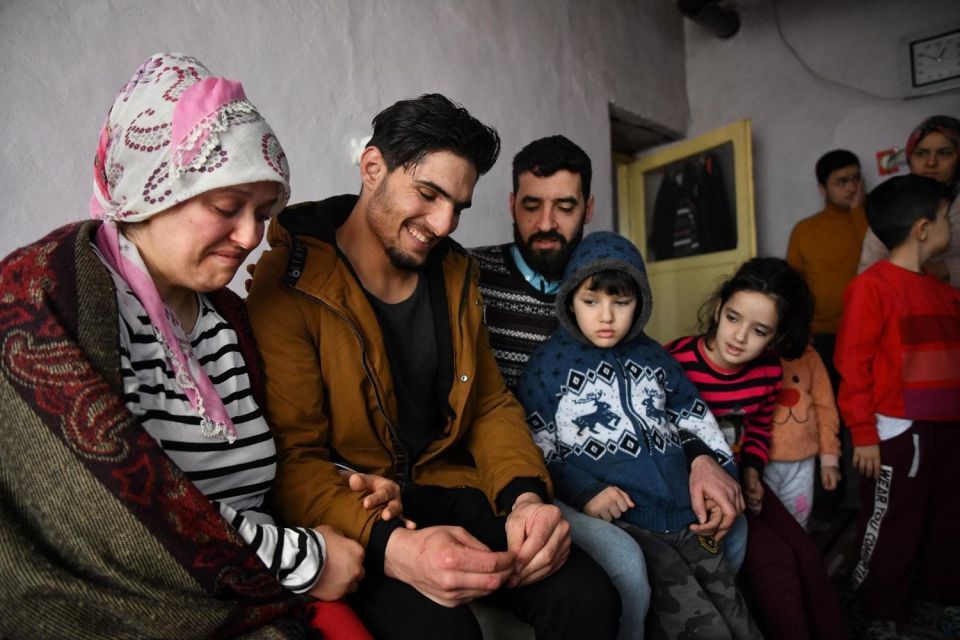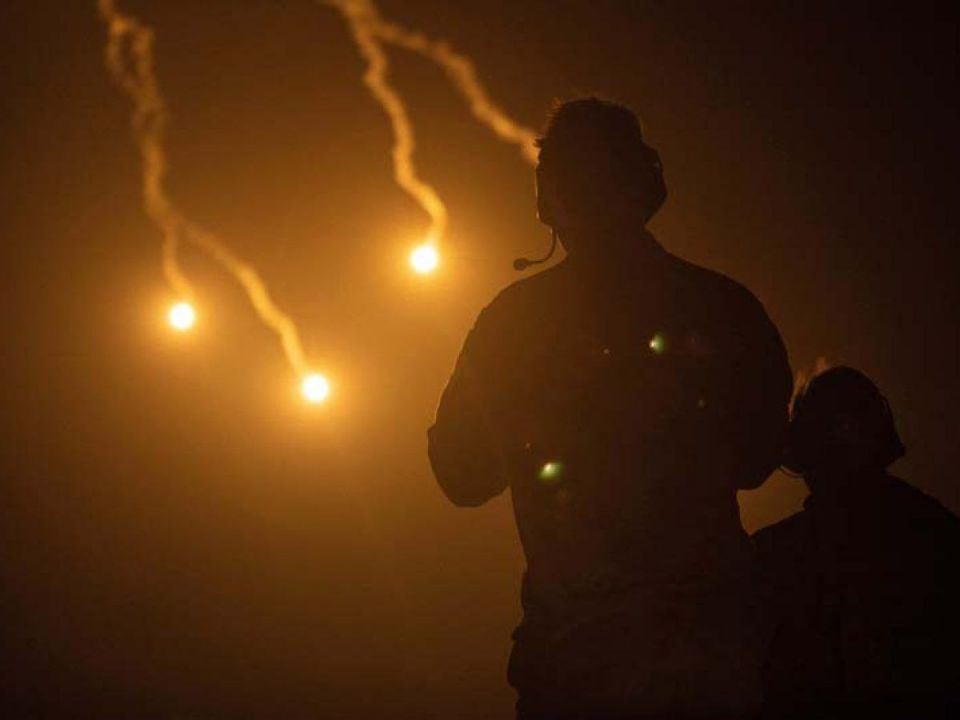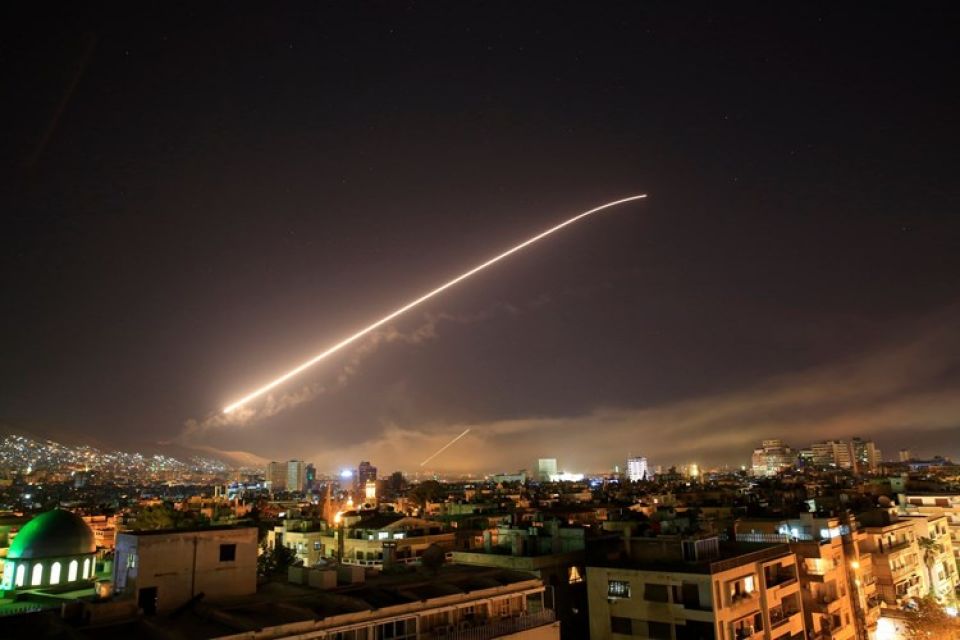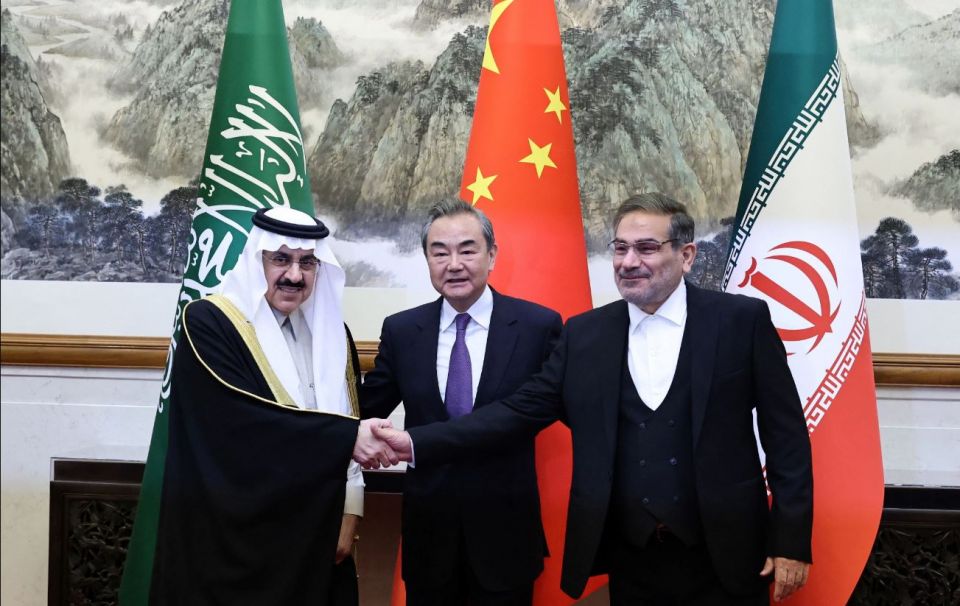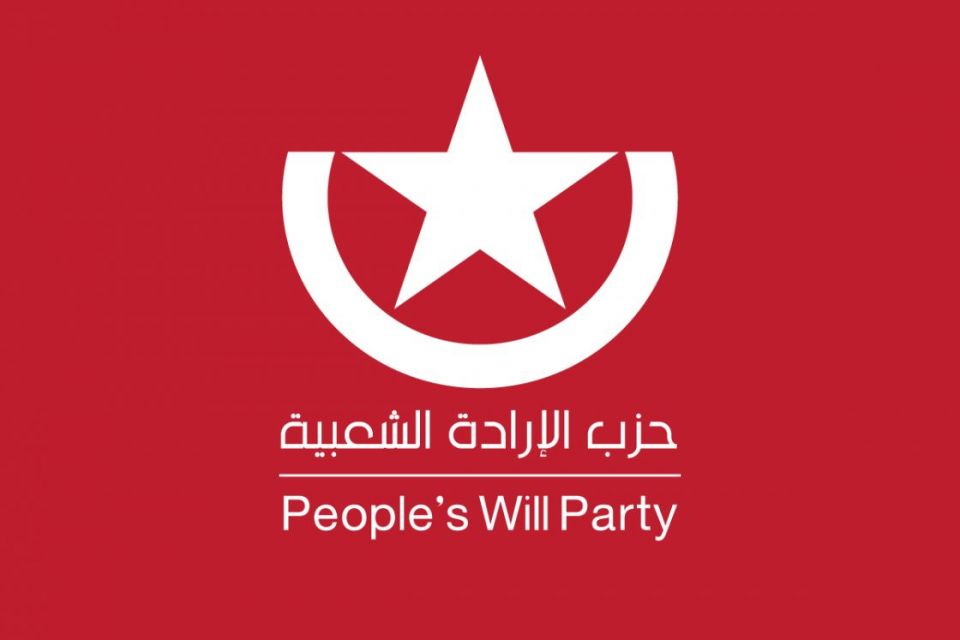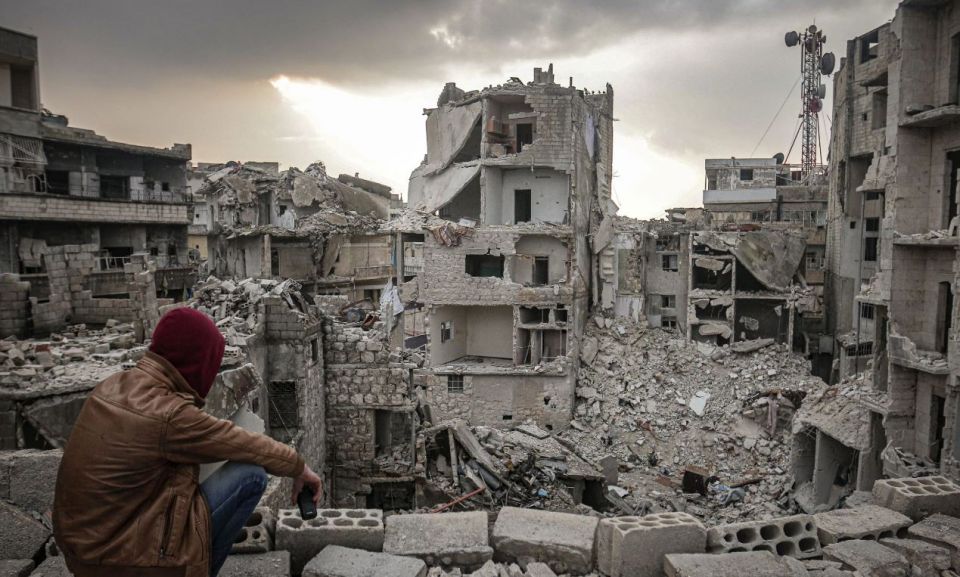
kassioun
email This email address is being protected from spambots. You need JavaScript enabled to view it.
Sudan is once again drowning in a bloody internal conflict that has nothing to do with the interests of the Sudanese people. Rather, the conflict has to do with the interests of the influential few who are in control and are nothing more than a modified continuation of the previous regime. Naturally, the current conflict is linked to the interests of the interfering external powers, at least some of which seek to deepen the conflict and make it more vicious.
On Tuesday, April 18, the Autonomous Administration in North and East Syria (AANES) published a document entitled “An initiative to solve the Syrian crisis”. Those who issued the document called on the various Syrian forces to consider it.
The Saudi Foreign Ministry released a statement on April 15, at the end of a meeting in Jeddah that included foreign ministers of a group of Arab countries. The statement focused on the Palestinian and Syrian issues. On Syria, the statement said:
The number of “Israeli” attacks on Syria over the past two months has increased from the level it had previously reached. This exaggeration in bullying and harassment of Syrians, their land, and their interests, is not a sign of strength, as some might imagine. Quite the opposite, it is a sign of an unprecedented crisis, not only for the Zionist entity, but also for its regional agents, those who are known and unknown.
The major changes taking place in the world are no longer a wandering ghost promising of a different future; rather, they have become a reality we are living with an escalating momentum that is solidifying and spreading at higher rates, day by day.
“No change has taken place in 100 years, and it is happening now; we are leading this change together”. That is what the Chinese president said in front of the cameras to the Russian president at the end of his first international visit, days after being re-elected as a president for China for a third term.
Lately, there has been a lot of political and diplomatic uproar surrounding Syria, including: talk about the possibilities of an Arab rapprochement; the Syrian-Turkish settlement and the obstacles standing in its way; Western games through the “changing the regime’s behavior” policies, with easing sanctions at times and reviving ISIS and attempting to “Syrianize” Jabhat al-Nusra other times; and other events. Amid all this uproar, there are clear attempts to obscure and distract from Syria’s and Syrians’ main enemy, in the interest of talking about “political tactics” here and there.
The agreement reached last Friday, March 10, between Saudi Arabia and Iran in Beijing and through Chinese mediation represents a new and important qualitative leap in the process of the birth of a new world that is free from Western bullying, especially American-Zionist bullying. It also represents a quantum leap for our entire region, and a good omen for upcoming transformations, including in Syria.
The People’s Will Party (PWP) welcome the important Agreement announced today between Saudi Arabia and Iran, sponsored by the People’s Republic of China. PWP believes that it is a good beginning for resolving a number of regional crises, including the Syrian crisis.
Preparations continue for the quadripartite meeting, which will soon bring together, in Moscow, the foreign ministers of Syria, Turkey, Russia, and Iran, within the Astana framework towards achieving a Syrian-Turkish settlement, as an essential step towards a comprehensive solution to the Syrian crisis on the basis of UNSC Resolution 2254.


